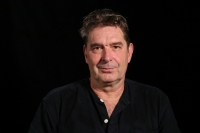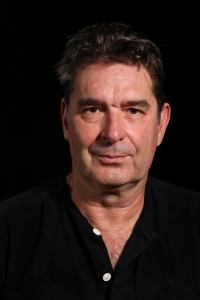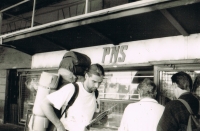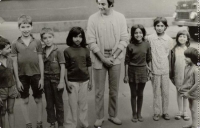If bullets aren’t flying around your head, you’re not living
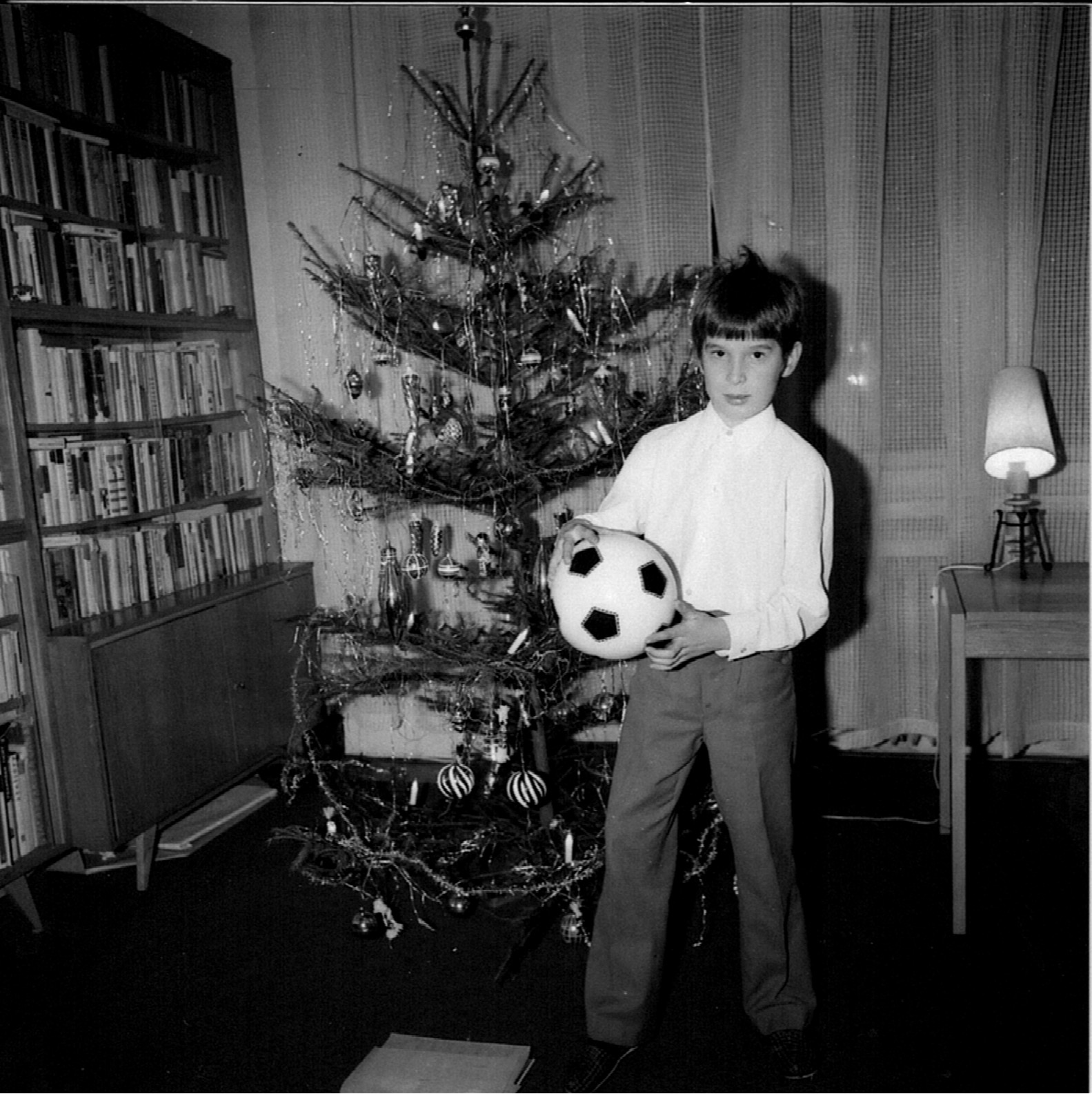
Download image
Tomáš Etzler was born on 1 April 1963 in Ostrava as the first-born son of Marie and Miroslav Etzler. Three years later, his brother Miroslav was born, who became an acclaimed actor. Tomáš Etzler was very active from a very young age and played a lot of sports, winning athletic competitions until he was a junior. He was strongly influenced by his father Miroslav, who was a teacher at the University of Ostrava. He gave his sons banned literature to read and explained to them the pitfalls of the totalitarian regime. After grammar school, Tomáš Etzler entered the Faculty of Education, majoring in geography of physical education. He successfully graduated in 1988 and joined Czechoslovak Television Ostrava as a music dramaturge. In June 1989 he signed Several Sentences and subsequently lost his job. After the revolution he returned to television, but soon began to pursue his dream of living in the USA. In 1991, he went to Salt Lake City with a hundred dollars in his pocket to visit friends and earn money by doing various unqualified jobs. When the horrific massacre at Columbine High School near Denver took place in 1999, he weas working for a CNN crew as a driver and offered his suggestions on how to report the tragedy. He was given the chance, and two months later he moved to CNN headquarters in Atlanta, where he worked as foreign news editor. He also covered the terrorist attack of September 11, 2001. In 2002, he went to Afghanistan for the first time as a war correspondent. He has reported from every conceivable crisis area: Iraq, Lebanon, Israel, Syria, Haiti and many others. In 2007, he quit his job at CNN and moved to Beijing. There he worked as a foreign correspondent for Czech Television in China. In 2014, he returned to Europe and began lecturing for a living. He has written two books and made a feature-length documentary, Heaven. In 2021 he was living in Prague.
